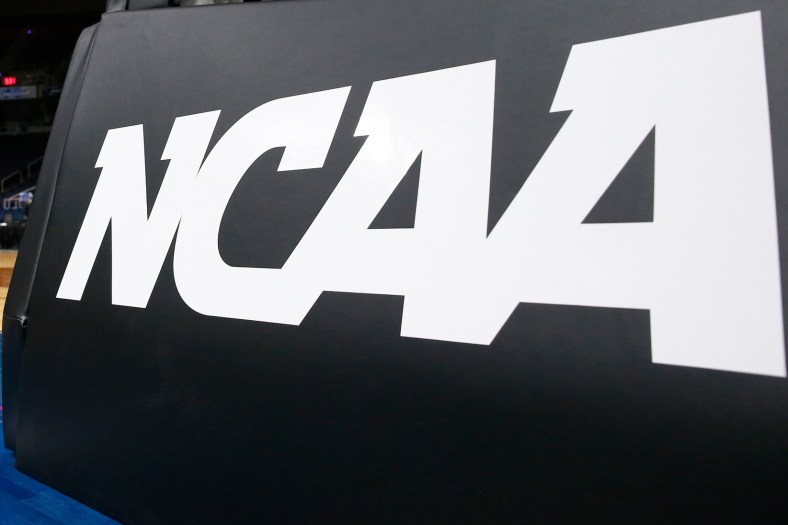
The ongoing COVID-19 epidemic has already had devastating consequences for many people across the globe. Now following the cancelation of March Madness and with the start of the 2020 college football season in question, the NCAA could reportedly lose $475 million in revenue for the 2020 fiscal year.
According to USA Today, a new report from a major credit-rating firm determined that the NCAA could experience a $475 million revenue dip, along with a $380 million drop in spending, this year.
For comparison, the NCAA made an estimated $933 million in revenue during the 2019 fiscal year, according to Investopedia. March Madness is its most lucrative event, responsible for more than 75% of the NCAA’s yearly revenue due to television deals, per CNBC.
After much hesitation, the NCAA was forced to cancel March Madness on March 12 after major conference tournaments were canceled and top programs like Kansas and Duke announced they would be shutting down athletic activities.
Due to the massive loss in revenue, it would also directly impact programs across the country due to the drop in spending. The NCAA distributed $611 million to Division 1 programs and conferences this past year, per the Indianapolis Business Journal, and now could cut $380 million de to the COVID-19 epidemic.
At a time when the NFL could reportedly be forced to suspend the start of its 2020 season, the NCAA could face a similar decision in the coming months. If college football players aren’t allowed to return to practice and prepare for the season by the summer, it could put them at greater risk for a rushed return. Given their status as student-athletes, the NCAA would face a crucial decision for the upcoming football season.
Unfortunately, the spread of COVID-19 continues to skyrocket with the epidemic getting worse. According to the latest information from Johns Hopkins University, there are now more than 55,000 confirmed cases of the virus in the United States.